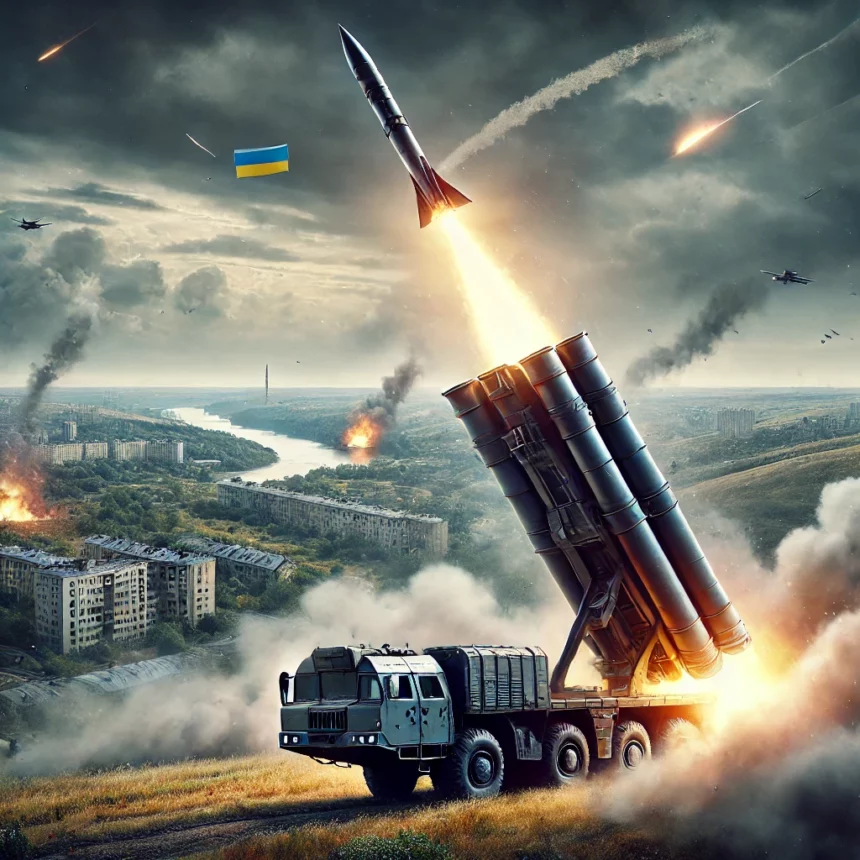Following recent missile strikes that killed civilians in Poltava, President Zelensky emphasized the urgent need for Ukraine to acquire long-range missiles in order to defend itself from Russia’s attacks. The paper discusses this crucial requirement. Ukraine is seeking US consent to increase the use of long-range weapons against Russian military targets. Many NATO members, most notably the United Kingdom and France, support Ukraine’s right to attack within Russian territory, despite concerns among Western states, particularly the United States, about the situation escalating. Ukraine’s leaders believe that quick action is essential to stop any further Russian advances and return the battlefield to a level playing field.
The United States of America has expressed concern about the prospect of unintended consequences or escalation, but it is also under pressure from a number of NATO countries and within Congress to remove constraints on the use of long-range weapons supplied by the United States. These states believe Russia’s attacks on civilian infrastructure, such as hospitals and power grids, are part of a bigger effort to eliminate Ukraine’s sovereignty. Ukrainian officials argue that lifting constraints on long-range strikes will allow them to more effectively push back against Russia and prevent the war from escalating.
The essay underlines that Russia’s actions are primarily motivated by intent rather than in response to provocations made by the West or the Ukrainian government. Despite Moscow’s rhetoric of escalation, the Ukrainian government has repeatedly broken Russian “red lines” without incurring significant consequences. The provision of armament from the United States, such as HIMARS and F-16s, which were initially considered as unacceptable escalations, is now used on a regular basis in Ukraine. There has been a request for the US to reconsider its cautious approach and assist Ukraine in developing stronger offensive capabilities in order to affect the war’s dynamics. This proposal comes as Ukraine continues to develop its own long-range missile capability.
To summarize, Ukraine’s leadership believes that long-range armament is critical to the country’s security, and that any delays in its delivery will only prolong the battle and worsen civilian suffering. Because it is deemed critical for Ukraine to defend itself and force Russia to reconsider its aggressive activities, the West is being pushed to reconsider its concerns about escalation and provide Ukraine with the necessary tools to strike Russian military targets. This is because it is deemed necessary for Ukraine to protect itself.
Read the full article here.







